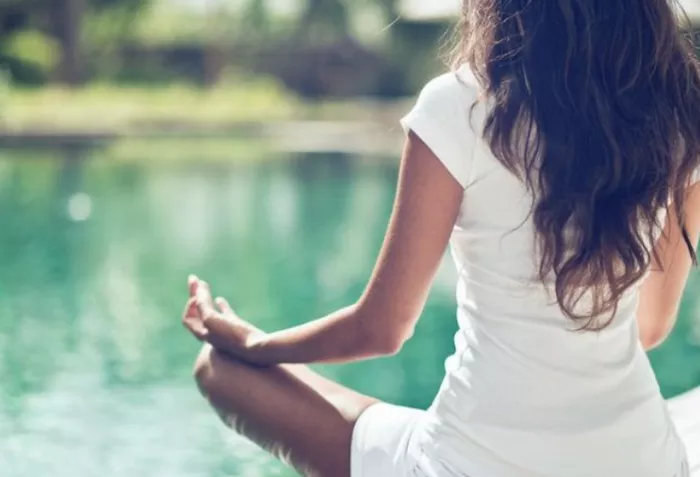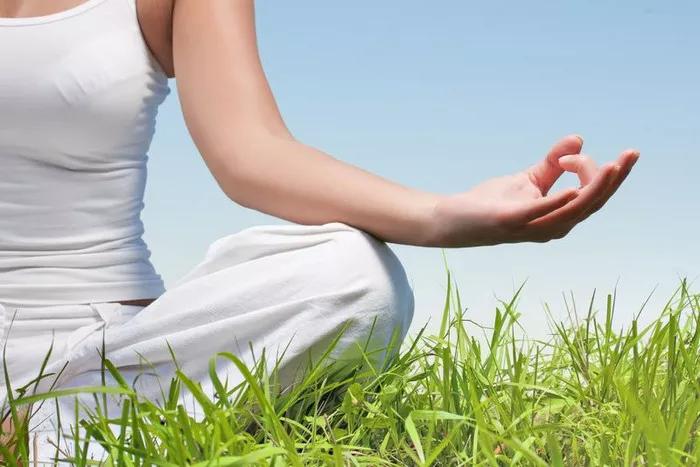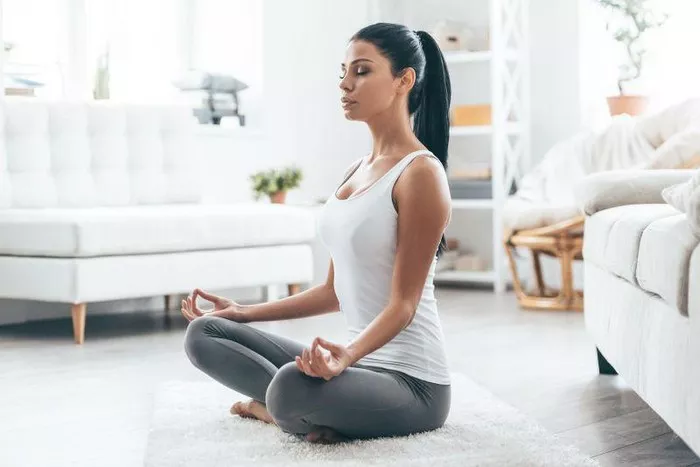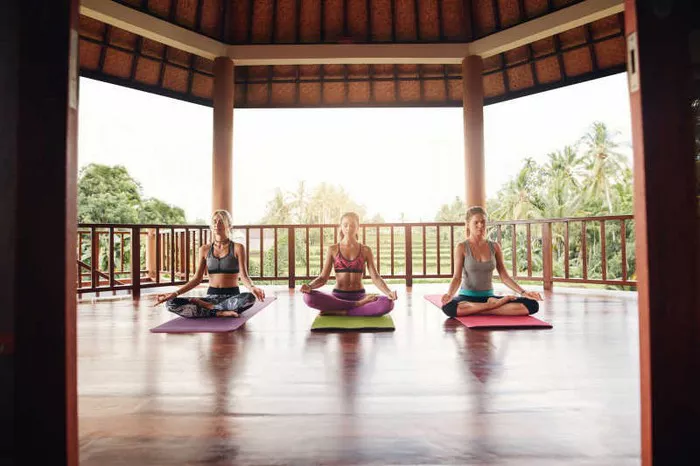From the moment pregnancy is confirmed, women face physical and mental challenges that require careful management. One major hurdle many new mothers encounter is post-partum depression.
Rohini Manohar, founder of Chennai Yoga Studio, explains that pregnancy brings constant changes to both body and mind, often leaving mothers struggling to care for themselves. “Our mind and body undergo huge shifts, and sometimes we lose track of taking care of ourselves. These challenges can lead to depression,” she says.
Rohini highlights how yoga can help young mothers cope with post-partum difficulties. “Yoga makes us more aware of our body. If our posture is wrong, an internal voice prompts us to correct it. Mentally, yoga acts as an anchor because mothers need to be present for their babies at all times. It helps them stay steady during this tough phase and encourages embracing the positives of motherhood.”
She notes that women in their mid-30s often turn to yoga during both pre-natal and post-partum periods. “Depression arises when the mind is unprepared. It is vital to keep both body and mind grounded in reality.”
Rohini also recommends meditation to calm the mind’s chaos. “Yoga provides peace through breathing techniques and visualization. During the third trimester, specific postures open the hips and relax the pelvic area, helping make delivery easier,” she adds. Rohini credits yoga for her own swift one-hour labor.
For 24-year-old new mother Kiruthika, yoga has been a lifeline. She recalls her early struggles with postpartum depression, describing feelings of anxiety, disconnection, and constant worry about her baby’s health. “I thought I’d be filled with joy, but postpartum depression had other plans,” she says. Hormonal changes, mood swings, sleep loss, and exhaustion added to her burden.
Certain yoga poses have helped Kiruthika manage her depression, including balasana (child’s pose) for relaxation, marjaryasana (cat-cow stretch) for flexibility, viparita karani (legs-up-the-wall pose) for reducing swelling, and salamba bhujangasana (supported cobra pose) to strengthen her back and improve posture. She also practices meditation regularly.
Rohini emphasizes that yoga supports holistic well-being. “Post-partum feels difficult because we struggle to accept the new version of ourselves after childbirth. The child demands constant attention, which can make us feel lost. Yoga builds mental strength to help mothers navigate this phase successfully,” she concludes.
























